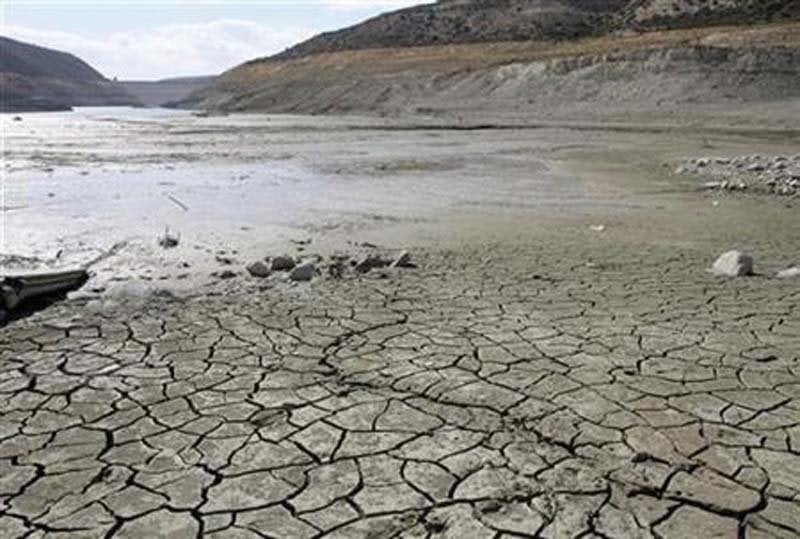Until every country takes climate change seriously, no one is truly safe from its widening threat. A stark warning from the Asian Development Bank (ADB) highlights that climate risks weigh heavily on Asia and the Pacific, with countries like Pakistan bearing the brunt. Facing soaring temperatures, erratic monsoons, and water scarcity, economies and communities throughout the region remain at risk, the institution cautioned in its latest alert.
The 2024 Climate Report from the regional development bank offers a harsh reminder of the challenges faced by countries like Pakistan, which not long ago endured catastrophic floods that uprooted entire communities. With its economy and millions of its citizens increasingly at risk, the nation confronts an uncertain climate future, the report broadly indicates.
Now ranked among the most vulnerable countries, Pakistan faces heightened threats of extreme flooding and drought, experts warn. The Indus River Basin, crucial to the country’s water supply, is experiencing unprecedented stress as temperatures continue to rise.
Other nations in the region, the 194-page document adds, confront similarly escalating dangers.
“Climate change is a threat no one can escape. The Global North is largely responsible, driven by high consumption and rapid industrialization,” said Dr. Talat Wizarat, former head of international relations at the University of Karachi.
According to the document, coastal flooding poses a grave threat across Asia, placing over 300 million people at risk. Countries such as Pakistan, still reeling from the catastrophic floods of two years ago, face dire economic consequences if climate change continues unabated, the regional development bank warns.
In a worst-case scenario, the report predicts that climate impacts could slash the region’s GDP by up to 17% by 2070, with critical sectors at risk. Agriculture, being one of those sectors and a cornerstone of local economies and livelihoods, faces steep declines as water scarcity intensifies and temperatures rise. Several prominent experts, speaking before the report, have already documented their concerns about the threat to rural and coastal communities, which bear the brunt of extreme weather and are likely to suffer most, further deepening economic inequality across the region.
Urging governments to transition rapidly, ADB President Masatsugu Asakawa recommended adopting low-carbon policies, strengthening adaptation programs, and unlocking new finance streams. For countries susceptible to flooding and other water-related issues, the regional development bank emphasizes the need for improved defenses and enhanced water management strategies to protect infrastructure and communities.
Commenting on the report’s recommendations, Wizarat added, “The Global South, despite contributing far less, is expected to bear the heaviest burden. The climate crisis threatens food security, disrupts economies, and undermines national stability, often leaving vulnerable nations more susceptible to the influence of developed countries stepping in after each disaster,” she said, calling it a destabilizing force.
Although public concern remains high across 14 economies, the ADB notes that adaptation financing is insufficient, with projected costs reaching $431 billion annually across the region by 2030. Without urgent measures and consistent funding, the institution cautions that the region risks compounding economic and social instability amid intensifying climate threats.
Its assessment further suggests that countries, including Pakistan, should tap into their renewable energy potential, positioning themselves as regional leaders in climate mitigation. Without bold action, the report warns, the region risks mounting economic and social instability as climate challenges intensify.







